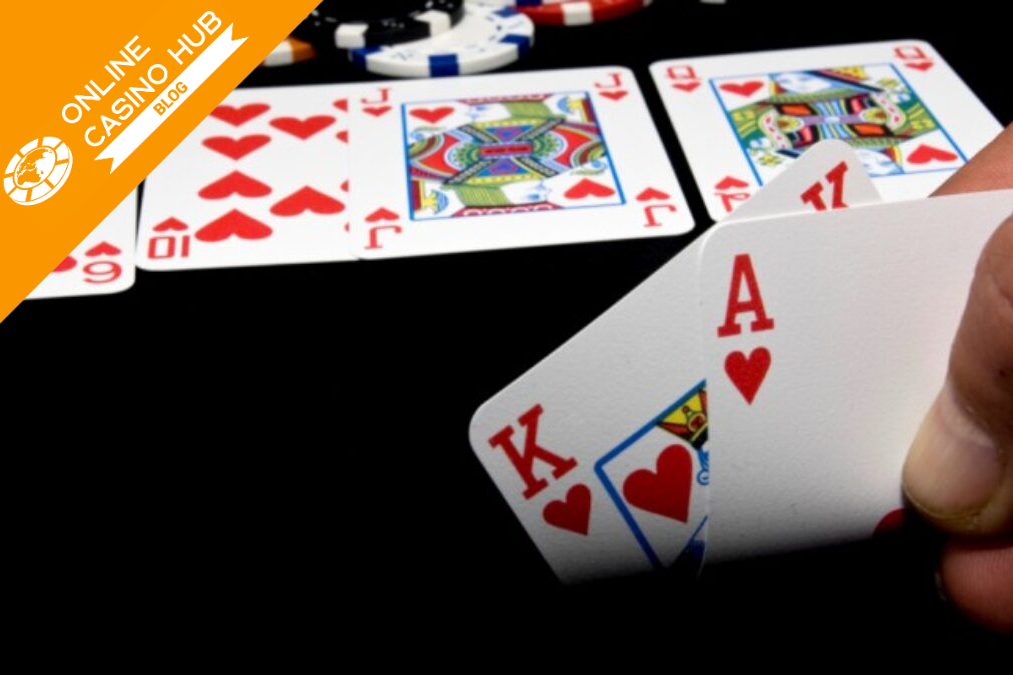Poker is a game that combines skill, strategy, and psychology. Everyone knows that in poker, keeping control of your emotions and respecting your opponents is the key to success at the poker table. However, some players choose another way – a “Slow Roll” poker strategy. The essence of this tactic is to deliberately slow down the announcement of a winning combination at the moment when the opponent has no chance to win. The question arises: is it a manner or a lousy tone?
What is a Slow Roll in Poker?
A Slow Roll is a poker tactic where a player with an obviously strong hand deliberately delays announcing a win to make it look like he has a weak hand. This usually happens in the final stages of a betting session, when all bets have been made and all that is left is to reveal the cards and declare a winner.
Poker Slow Roll: Manner or Bad Tone?
Attitudes towards the slotted roll are varied in the poker community. Some see it as simply a strategic element of the game that can undermine the psychology of your opponent and help you win more chips. They see this tactic as a way to manipulate their opponent and gain an advantage.
However, other players see Slow Roll as an unacceptable display of disrespect to their opponents. This behaviour is perceived as bullying the loser and can cause negative emotions at the table. Such behaviour can lead to conflicts, create a tense atmosphere and even affect the relationship between players.
Ethics and Respect at the Poker Table
The value of poker as a game lies not only in strategy and the ability to read your opponents but also in ethics. Poker is often associated with the philosophy of “playing by the rules”, which includes respect for your opponents and fair play. Slowroll as a strategy can create negative emotions, violate trust, and reduce satisfaction with the game.
Benefits and Risks of Slow Roll Poker
Slow Rolling poker can lead to some benefits, such as knocking down your opponent’s psychological confidence and the opportunity to win more chips. This can be particularly useful in big tournaments or when playing with inexperienced players who may be more vulnerable to such tactics.
However, it is worth noting that there are risks involved in using Slow Rolls. When a player uses this strategy against experienced and respected opponents, it can backfire and create resentment. This can have unpleasant consequences such as a negative image at the table, excessive aggression in response, and loss of reputation.
Psychological Aspect of the Poker Slow Roll
The Slow Roll has a strong psychological effect. When a player delays announcing a win, he hopes that his opponent will suffer disappointment and perhaps even make a mistake in his next game. But he also runs the risk of creating hostility and disgust, which can be disadvantageous in the long run.
How to Recognize a Slow Roll?
Recognizing a Slow Roll in poker can be tricky, as it is often disguised as part of a game strategy. However, there are a few signs that can help you identify a sloe roll happening at the poker table:
- Prolonged combination announcement: If a player slows down a lot in announcing his winning combination, especially in a situation where he has nothing to fear from his opponent, this could be a sign of a Slow Roll.
- Hand Confidence: Slow Rolls are often used by players who are confident in their strong hands. They know they have a winning hand and try to use the Slow Roll for psychological effect.
- Behavioural Change: If a player was previously active and quick to make decisions, but suddenly slowed down and thinks for a long time before declaring victory, this can be suspicious.
- Signs of deliberate slowing down: Players may show clear signs of deliberate slowing down, such as laughing, smirking, or even verbal hints of a weak hand even though they have a strong combination.
- Game Context: It is crucial to consider the context and behaviour of the player in previous hands. If a Slow Roll does not match his usual playing style, this may be a signal.
- Opponents’ reactions: Pay attention to the other players’ reactions at the table. If they become nervous, annoyed, or confused after a Slow Roll, it could signal that the tactic has worked.
Conclusion
Slow Roll is a strategy that has caused a lot of controversy in the poker world. Some consider it part of the game, while others consider it a manifestation of bad taste. As with any tactic, it is important to be aware of the context and mood at the table so as not to turn the game into a fine line between manners and disrespect. The Gambling24.casino team believes that success in poker depends on the ability to read your opponents and control your emotions, and Slow Roll as an aspect of poker strategy should not outweigh respect and fair play.

